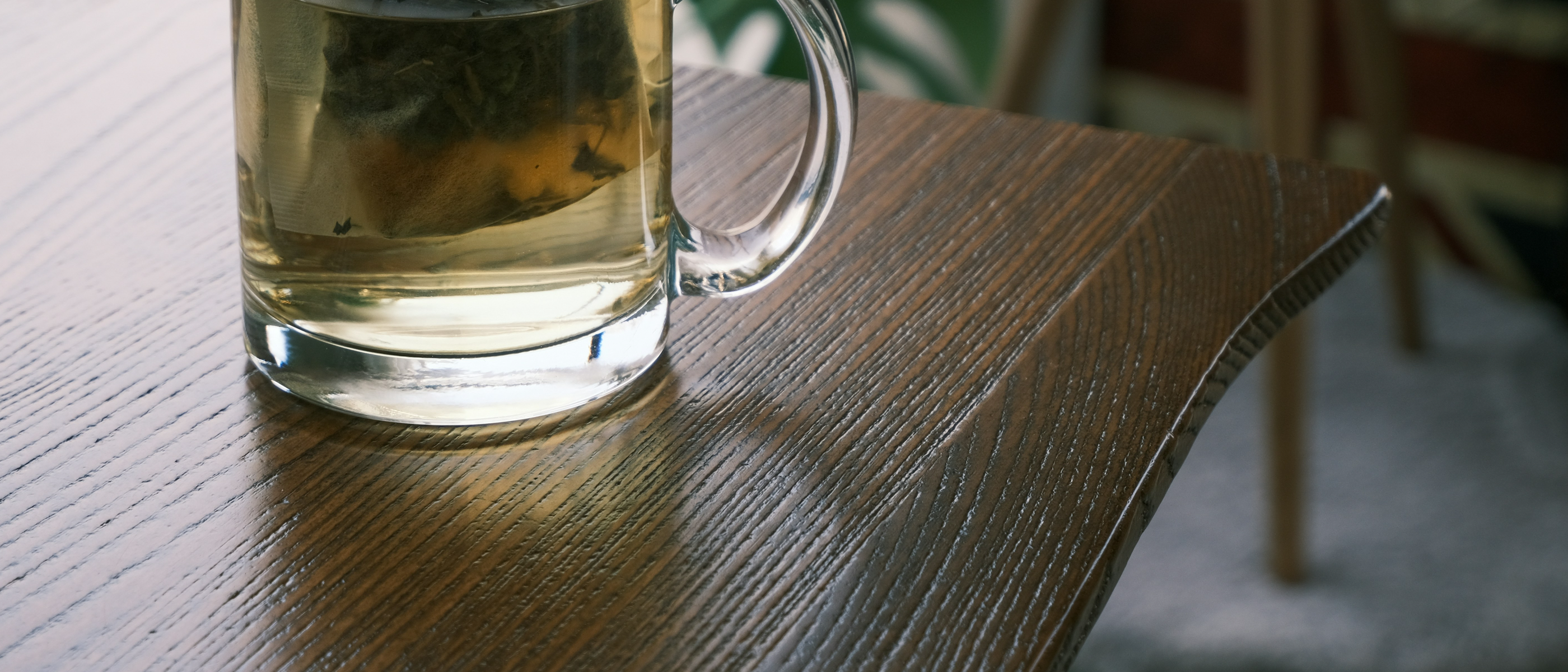What Happens to Your Body When You Drink Mint Tea Every Day
Posted on June 23, 2025 • 3 min read • 626 wordsDiscover the daily effects of mint tea on your body, from cognitive boosts to digestive support, backed by recent research.

Mint tea, a refreshing herbal infusion made from the leaves of the Mentha plant, has been a staple in traditional medicine for centuries. But what happens when you make it a daily habit? From soothing digestive discomfort to potentially boosting cognitive function, modern research is uncovering the science behind its benefits. In this article, we’ll explore the daily effects of mint tea on your body, using insights from recent studies to paint a clear picture of how this simple beverage might transform your routine.
1. a Daily Boost for Your Brain: Cognitive and Cerebrovascular Effects
One of the most intriguing findings in recent research is mint tea’s potential to enhance cognitive performance. A 2025 randomized controlled trial involving 25 healthy adults found that consuming 200 mL of peppermint tea led to measurable improvements in cognitive tasks compared to a placebo. The study, which used Near-Infrared Spectroscopy (NIRS) to monitor cerebral blood flow, also noted increased oxygenated hemoglobin (Oxy-Hb) and total hemoglobin (Total-Hb) levels in the prefrontal cortex—markers of enhanced brain activity. While the exact mechanism linking mint tea to better cognition isn’t fully understood (the study ruled out cerebral blood flow as a direct mediator), the results suggest a tangible mental uplift from your daily cup [1] .
2. Soothing Your Gut: Digestive Comfort and Beyond
For generations, mint tea has been sipped after meals to ease indigestion—and science supports this tradition. A 2024 narrative review on nutraceuticals for gut-brain interaction disorders highlighted mint as a key herb in reducing abdominal pain and discomfort, particularly in children with functional gastrointestinal issues. While the review focused on pediatric cases, its findings align with the broader anti-spasmodic properties of mint, which relax smooth muscles in the digestive tract, easing bloating and cramping [2] .
3. Oral Health: Fighting Bacteria and Bad Breath
Your daily mint tea might also be doing wonders for your smile. A 2024 review on phytotherapy in periodontics noted that mint, along with other herbs like tea tree oil and turmeric, exhibits strong antibacterial and anti-inflammatory properties. These effects help combat oral pathogens responsible for plaque, gingivitis, and halitosis (bad breath). In fact, a 2020 study testing essential oils against oral bacteria found that mint oil, when combined with white tea, showed synergistic antibacterial activity against Staphylococcus argenteus—a common culprit in oral infections [3] ; [4] .
4. Antioxidant and Anti-Aging: Fighting Oxidative Stress
Mint tea’s role as an antioxidant powerhouse is another key benefit. A 2023 study on peppermint leaf extracts found that its polyphenols—including eriocitrin, a dominant compound—effectively trap methylglyoxal (MGO), a reactive molecule linked to advanced glycation end products (AGEs). AGEs contribute to aging and chronic diseases like diabetes, so reducing their formation could have long-term protective effects. The same study noted that peppermint extracts inhibited glycation (the process forming AGEs) by 27.3-77.2% in lab models [5] .
5. Beyond the Basics: Skin, Hair, and Immune Support
While less studied, mint tea’s benefits extend to skin and hair health. A 2022 review on dandruff treatments highlighted mint’s antimicrobial properties against Malassezia—a fungus linked to scalp irritation. Similarly, mint-infused kombucha (a fermented tea) showed increased antioxidant activity in a 2021 study, suggesting potential immune support through enhanced free-radical scavenging [6] [7] .
Conclusion
Drinking mint tea daily isn’t just a comforting ritual—it’s a small habit with big potential for your health. From sharpening your focus to soothing your stomach, and from protecting your teeth to fighting aging, each cup delivers a blend of tradition and science. While more research is needed to fully unpack its mechanisms, the existing evidence paints a compelling picture: mint tea could be your daily dose of natural wellness. So go ahead, steep that leaf, and savor the benefits—your body will thank you.
Sources
-
Luka Netzler, Brian Lovell. A Randomized Placebo-Controlled Clinical Trial Exploring the Short-Term Cognitive and Cerebrovascular Effects of Consuming Peppermint Tea: A Mediation Study. Human Psychopharmacology.(2025). doi:10.1002/hup.70005 ↩︎
-
Silvia Salvatore, Mariagrazia Carlino, Simona Sestito, Daniela Concolino, Massimo Agosti, Licia Pensabene. Nutraceuticals and Pain Disorders of the Gut-Brain Interaction in Infants and Children: A Narrative Review and Practical Insights. Nutrients 16:349.(2024). doi:10.3390/nu16030349 ↩︎
-
Abeer Saad Gawish, Mohammed Sherif ElMofty, Safa Jambi, Doaa Felemban, Yassmeen SalahEldin Ragheb, Shadia Abdelhameed Elsayed. Phytotherapy in periodontics as an effective and sustainable supplemental treatment: a narrative review. Journal of Pharmacy and Investigations 54:1-12.(2024). doi:10.5051/jpis.2301420071 ↩︎
-
Xiaoyan Xia, Zhenchuan Lin, Keping Shao, Xude Wang, Jing Xu, Hang Zhai, Hua Wang, Wei Xu, Yuqing Zhao. Combination of white tea and peppermint demonstrated synergistic antibacterial and anti-inflammatory activities. Journal of the Science of Food and Agriculture 101:142-150.(2021). doi:10.1002/jsfa.10876 ↩︎
-
Izabela Fecka, Katarzyna Bednarska, Adam Kowalczyk. In Vitro Antiglycation and Methylglyoxal Trapping Effect of Peppermint Leaf. Molecules 28:2865.(2023). doi:10.3390/molecules28062865 ↩︎
-
K M Uma Kumari, Narayan Prasad Yadav, Suaib Luqman. Promising Essential Oils/Plant Extracts in the Prevention and Treatment of Dandruff Pathogenesis. Current Medicinal Chemistry 22:2347-2364.(2022). doi:10.2174/1568026622666220531120226 ↩︎
-
Wanlapa Tanticharakunsiri, Supachoke Mangmool, Karn Wongsariya, Duangjai Ochaikul. Characteristics and upregulation of antioxidant enzymes of kitchen mint and oolong tea kombucha beverages. Journal of Food Biochemistry 45:e13574.(2021). doi:10.1111/jfbc.13574 ↩︎